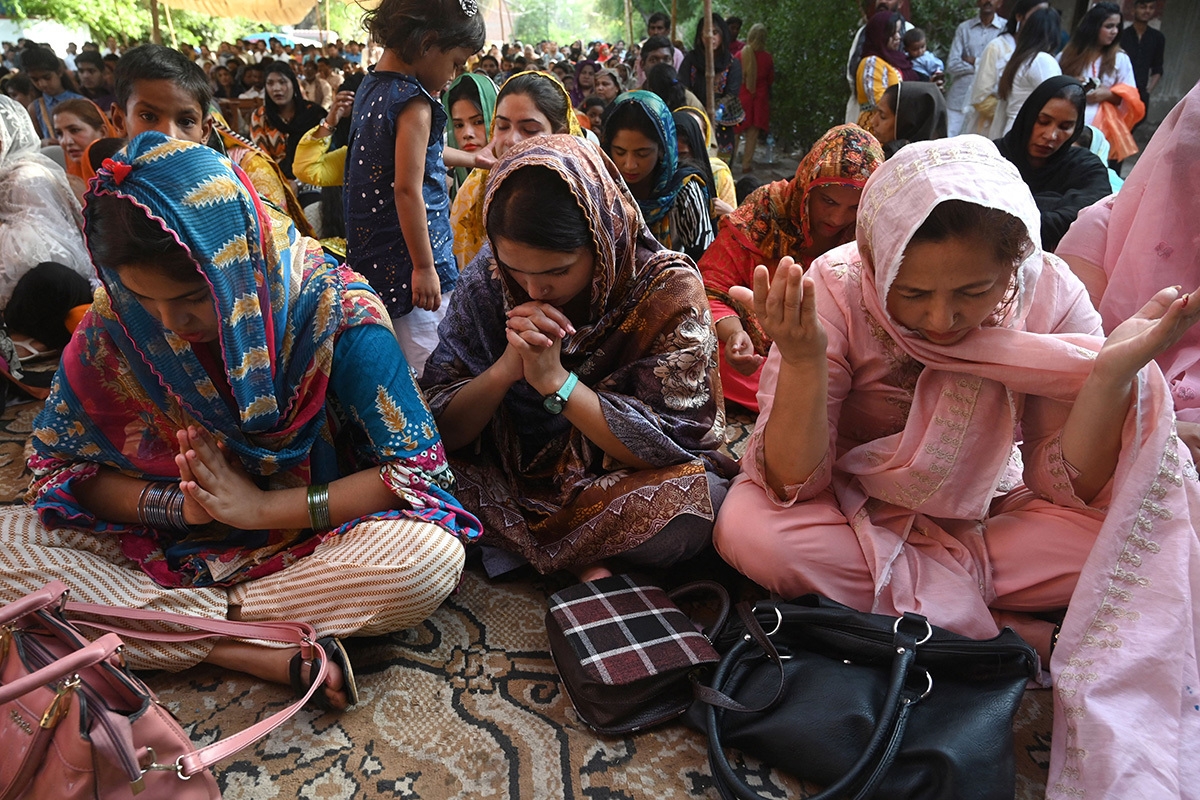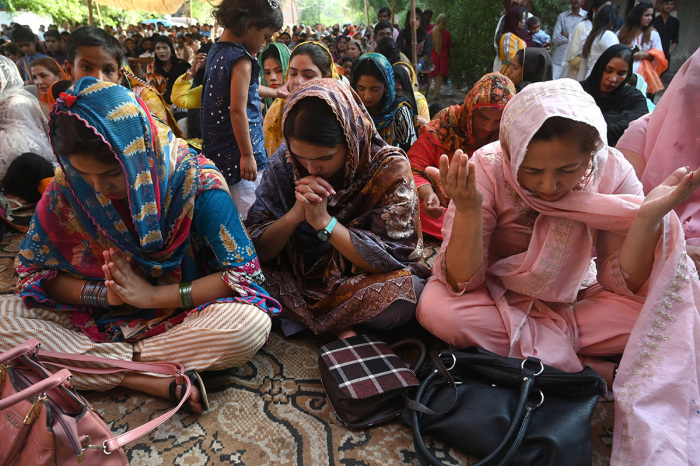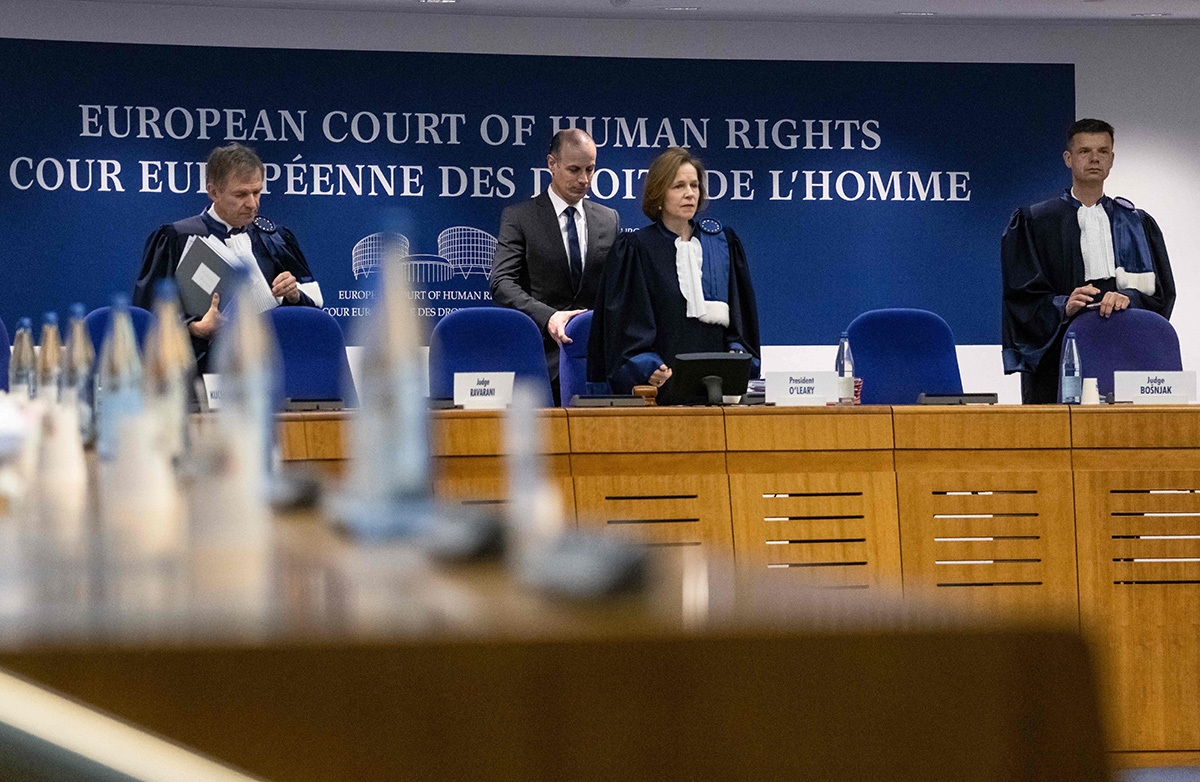

Published on: 11/17/2025
This news was posted by Apex Wealth Advisors
Description

In a landmark move to protect children, especially girls, from forced child marriages, a provincial assembly in Pakistan on Friday passed the Child Marriage Prohibition Bill.
The Balochistan Child Marriages Restraint Act 2025 sets 18 as the legal age for marriage in Balochistan Province and introduces severe penalties for those involved in child marriages. The provincial governor is expected to sign the legislation into law this week.
Under the legislation, an adult male contracting a child marriage, and anyone who facilitates it, will face two- to three-years imprisonment and a fine ranging from 100,000 to 200,000 Pakistani rupees ($353 USD to $707 USD). Courts may add an additional three-month imprisonment if fines are not paid.
People who solemnize marriages, known as Nikah Khawans, along with Nikah Registrars and union council secretaries, will be legally required to verify the Computerized National Identity Cards (CNICs) of both parties before solemnizing a marriage. Failure to do so will be a criminal offense punishable by up to a one-year imprisonment and a fine of up to 100,000 Pakistani rupees ($353 USD).
All offenses under the Act are cognizable, non-bailable, and non-compoundable, meaning police can act without warrants, bail cannot be granted easily and cases cannot be settled privately. Only a First Class Judicial Magistrate can try offenses.
The law also declares child marriages void if the minor is kidnapped, sold, enticed, compelled or trafficked for marriage or immoral purposes. Children born from such marriages will be considered legitimate, and their maintenance will be the responsibility of the father.
The law defines a child as any person younger than 18 and declares all child marriages illegal — and, in several circumstances, void ab initio, meaning invalid from the outset. The act overrides all conflicting laws in force across the province.
The Act formally repeals the colonial-era Child Marriage Restraint Act of 1929 within Balochistan, though ongoing cases under the old law will continue until concluded.
Under the new legislation, the provincial government must frame detailed rules within six months.
‘Un-Islamic’
The presentation and passage of the bill triggered heated scenes in the provincial House, with opposition lawmakers shouting slogans and creating a ruckus. During the chaos, opposition members encircled the speaker’s dais and tore copies of the bill, claiming the legislation violated Islamic law.
Speaking on the floor of the House, opposition leader Younus Aziz Zehri criticized the legislation, reiterating that his party, Jamiat Ulema-e-Islam-Fazl (JUI-F), would not support any law they believe violates Islamic teachings.
“The law has been approved merely to please non-governmental organizations,” he claimed.
Opposition lawmaker Asghar Tareen said that although the bill had been passed, the opposition would challenge it in court. Following their protest, opposition lawmakers staged a walkout while shouting slogans against the newly adopted bill.
Talking to the media after the law’s passage, Balochistan Chief Minister Sarfraz Bugti said a majority of assembly members supported the bill, reflecting the strength of the democratic process. He noted that the bill underwent scrutiny by the assembly’s relevant committees over the past six months and was approved by the cabinet before being presented for a vote.
“Differences of opinion are an inherent feature of democracy; however, legislation is always enacted in the best interest of the public,” Bugti said.
New law lauded
UNICEF and rights activists lauded the legislation and demanded similar legislation in the remaining two provinces, Punjab and Khyber Pakhtunkhwa, where girls as young as 16 are allowed to marry under customary or Islamic practices.
Sindh Province was the first to raise the minimum age of marriage for both boys and girls to 18 years in 2013 in a bid to curb child marriages in the province.
UNICEF Pakistan stated in a Facebook post, “Congratulations to the Balochistan Assembly and all the tireless champions who made this possible: women parliamentarians, civil society advocates, and partners whose leadership and dedication drove this historic change. This milestone is more than legislation — it safeguards children’s rights, protects childhoods, and helps build safer, healthier, and more hopeful futures #ForEveryChild.”
Christian lawmaker in Punjab Provincial Assembly, Ejaz Alam Augustine, said he hoped passage of the anti-child marriage bill would help pave the way for similar legislation in Punjab that has been pending approval since April 2024.
“The legislation is critical to protect minor Christian girls from the scourge of forced faith conversions as the perpetrators misuse religion to abduct and marry underage girls,” Augustine told Christian Daily International-Morning Star News.
On May 19, Pakistan’s parliament passed a significant bill aiming to curb, discourage and eventually eradicate child marriages in the federal capital Islamabad by raising the legal age of marriage for both sexes to 18 years.
The bill, pending in the Punjab Assembly since April 25, 2024, seeks to increase the legal age for marriage for both boys and girls to 18 years in the province. Pending approval of the bill, the minimum age for girls to marry is still 16. Nationally, the Christian Marriage (Amendment) Act 2024 set the marriageable age at 18 only for Christians; if they convert to Islam, girls considered Muslims come under Sharia (Islamic law), which allows them to marry younger.
Typically, kidnapped girls in Pakistan, some as young as 10, are abducted, forced to convert to Islam and raped under cover of Islamic “marriages” and are then pressured to record false statements in favor of the kidnappers, rights advocates say. Judges routinely ignore documentary evidence related to the children’s ages, handing them back to kidnappers as their “legal wives.”
Pakistan, whose population is 96% Muslim, is ranked No. 8 on Open Doors’ 2025 World Watch List of the countries where Christians face the highest rates of discrimination and persecution.
This article was originally published at Christian Daily International–Morning Star News
News Source : https://www.christianpost.com/news/bill-protecting-girls-from-forced-marriage-passes-in-pakistan-province.html
Other Related News
11/17/2025
By Michael Gryboski Editor Monday November 17 2025Volunteers with Solid Rock Church of M...
11/17/2025
By Christian TodayMonday November 17 2025Courtesy John LennoxIn a wide-ranging and deepl...
11/17/2025
Worship leader Cory Asbury is calling off his proposed alternative Super Bowl halftime sh...
11/17/2025












